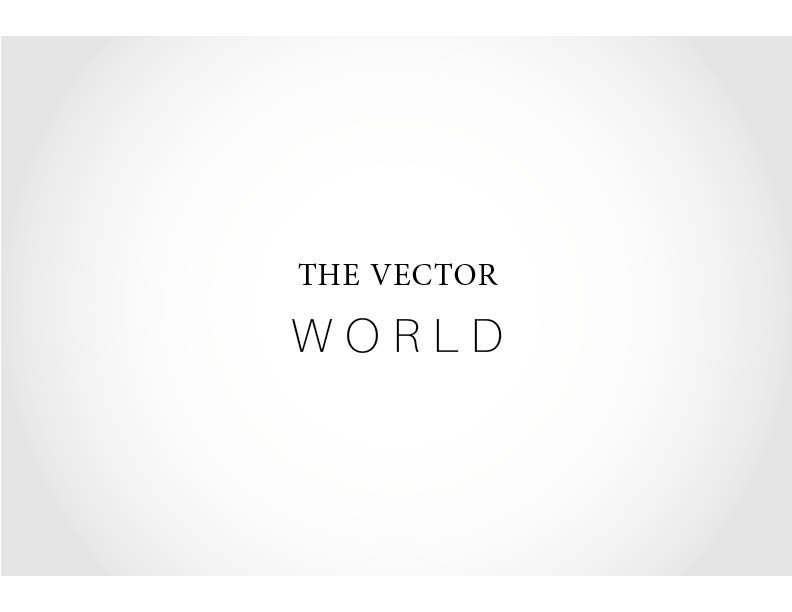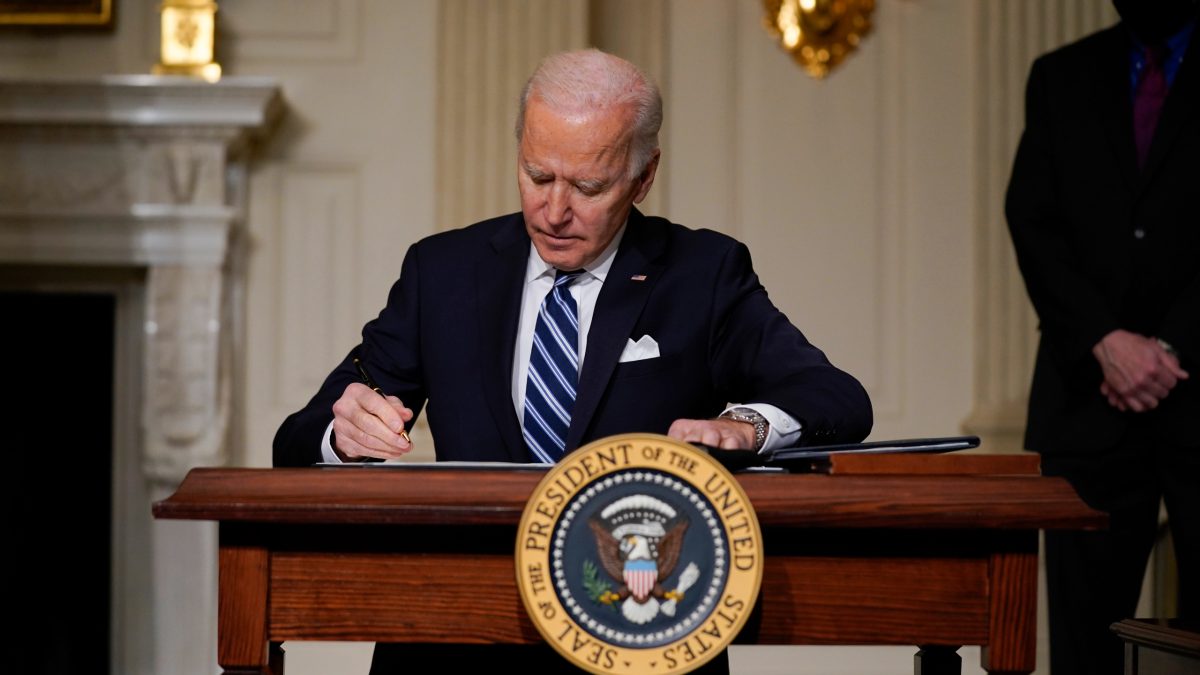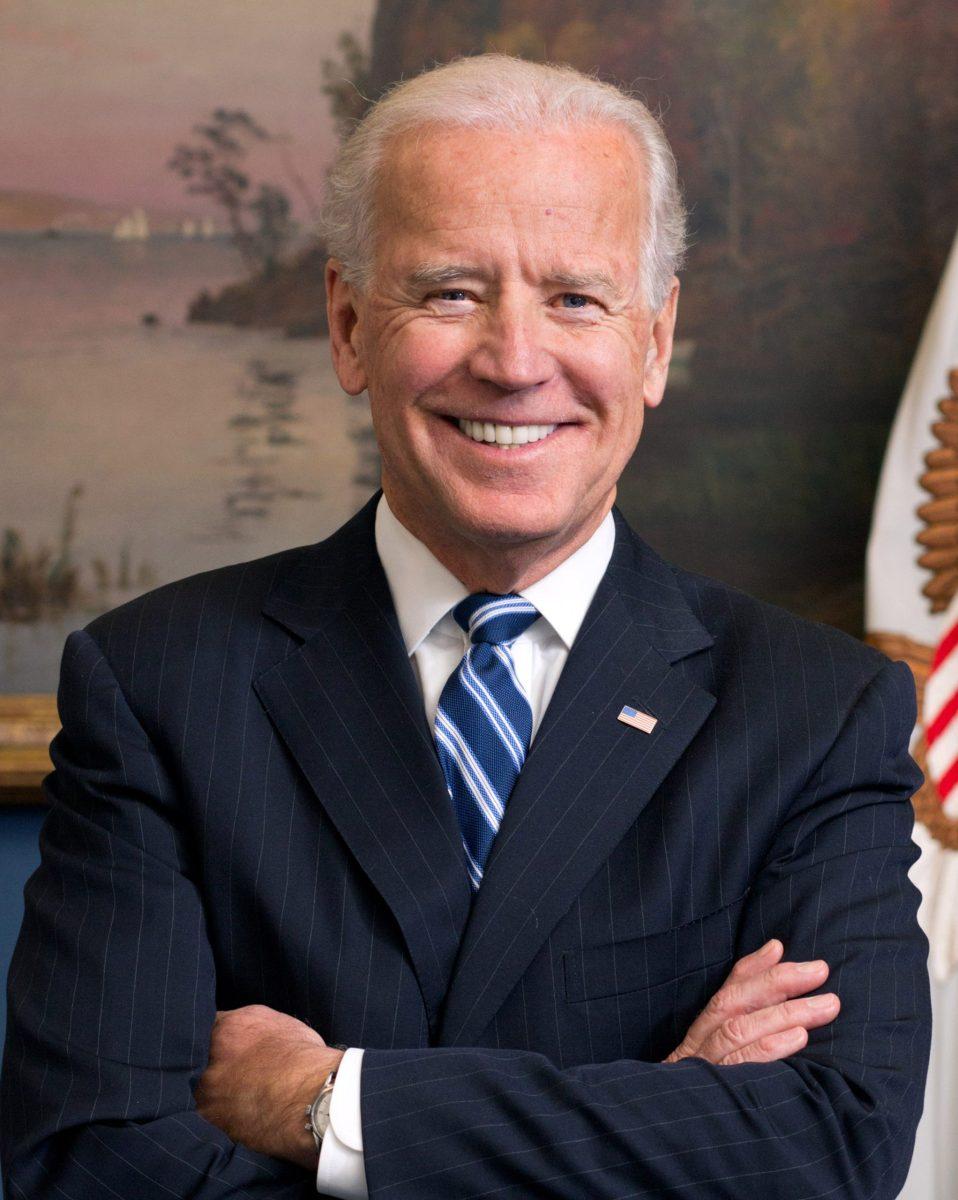Russia has become the stage of the largest mass anti-government protests in its recent history. Around 20,000 protesters marched on Moscow, with large numbers in other population centers around the country. Large numbers of the protesters were arrested by police, who claimed the number was 600, although according to Charles Maynes, an NPR reporter, human rights campaigns estimate the number to be higher.
These thousands of Russian citizens were marching in an attempt to voice their concerns with rampant government corruption. Many there were calling for the current president, Dmitry Medvedev, to resign. The leader of the opposition published investigations online detailing accusations of fraud and corruption, pointing to the president’s inordinately large amount of wealth compared to his actual salary.
These protests were met mostly with indifference by the Russian government, with Presidential Spokesman Dmitry Peskov saying that the protests were instigated by organizers and carried out by misguided people.
“We cannot respect those who deliberately misled underage minors promising them some payment in return for participating in an unauthorized protest, thereby exposing them to danger,” said Peskov, regarding the state-run news agency, Tass.
After the last round of protests in 2011, the government issued far stricter laws aimed at suppressing dissent, with Putin blaming then Secretary of State, Hillary Clinton of inciting the protests. These laws led to the jailing of the 600 plus protestors, among whom were the opposition leader, Alexei Navalny, as well as members of his staff. According to the Associated Press, among the victims was “a gray-haired man whom police dragged along the pavement.” The laws require all protests to be sanctioned by the state before their occurrence, and so the protestors were warned that their anti-government rally was an illegal event.
Navalny was arrested by riot police shortly after the commencement of the rally in Moscow, and was detained for 15 days. He first rose to prominence on the internet through his blog, and now plans to run for president next year. He has been found guilty of embezzlement in a case which he claims has been crafted against him as a smear campaign by the government. Due to his anti-governmental views, he is prevented from airing his opinions on television, but has gained a following online among mostly youthful citizens.
Following Navalny’s arrest, the US State Department was silent until widespread criticism prompted them to issue a statement. They condemned the arrests, calling them “an affront to core democratic values.” They added that Washington was troubled to hear of Navalny’s arrest, and that they were calling upon the Russian government to immediately release all peaceful protestors. It is unclear if their demands will have any effect on the situation.































